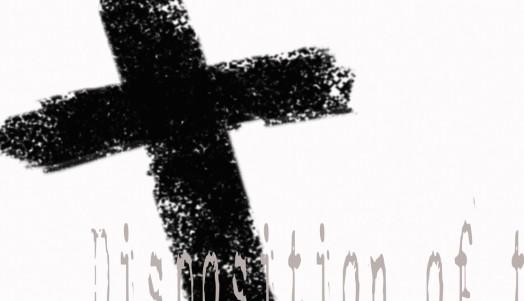
1 minute read
In the Beginning: The Book of John
(John 3:1-8[HCSB])
1 There was a man from the Pharisees named Nicodemus, a ruler of the Jews. 2 This man came to Him at night and said, “ Rabbi, we know that You have come from God as a teacher, for no one could perform these signs You do unless God were with him.”
Advertisement
3 Jesus replied, “ I assure you: Unless someone is born again, he cannot see the kingdom of God.”
4 “But how can anyone be born when he is old? ” Nicodemus asked Him. “Can he enter his mother’s womb a second time and be born? ”
5 Jesus answered, “I assure you: Unless someone is born of water and the Spirit, he cannot enter the kingdom of God. 6 Whatever is born of the flesh is flesh, and whatever is born of the Spirit is spirit.
7 Do not be amazed that I told you that you must be born again. 8 The wind blows where it pleases, and you hear its sound, but you don’t know where it comes from or where it is going. So it is with everyone born of the Spirit.”
There was a man from the Pharisees
Nicodemus’ meeting with Jesus under the cover of darkness is an incident that sparks both intrigue and misunderstanding.
The nighttime meeting between the Rabbi and His pupil suggests a clandestine alliance, and overtones of discontent within the Sanhedrin, itself. Additionally, there have always been questions surrounding their dialogue, especially as it pertained to being “born again.” Of course this is not about being reborn physically from a mother’s womb, but spiritually from the womb of God’s Spirit and boundless grace. Spiritual change is the goal, not a public display of immersion which can be like praying in public, and is its own reward. In verse 6 Jesus makes the distinction.
While Jesus affirms both physical baptism (immersion) and spiritual renewal (repentance), His primary emphasis is upon the newness of one’s spirit. In both the Hebrew and the Greek the same word is used for spirit and wind, or breath. It is the word “pneuma” in the Greek and “ruach” in the Hebrew. While the wind’s origin is invisible, its effects can be observed; it is the same of those born of the Spirit. (Holman Study Bible, pg 1808)
Jesus then asks Nichodemus to take the next steps and believe in Him as “the Son of Man,” tying His arrival on the current religious scene to messianic prophecy which was well-understood to all Pharisees and studied Jews.
I believe that there is also the implication that if he were truly a reborn believer, he might come to see his teacher in the light of day and not under the cover of darkness.




